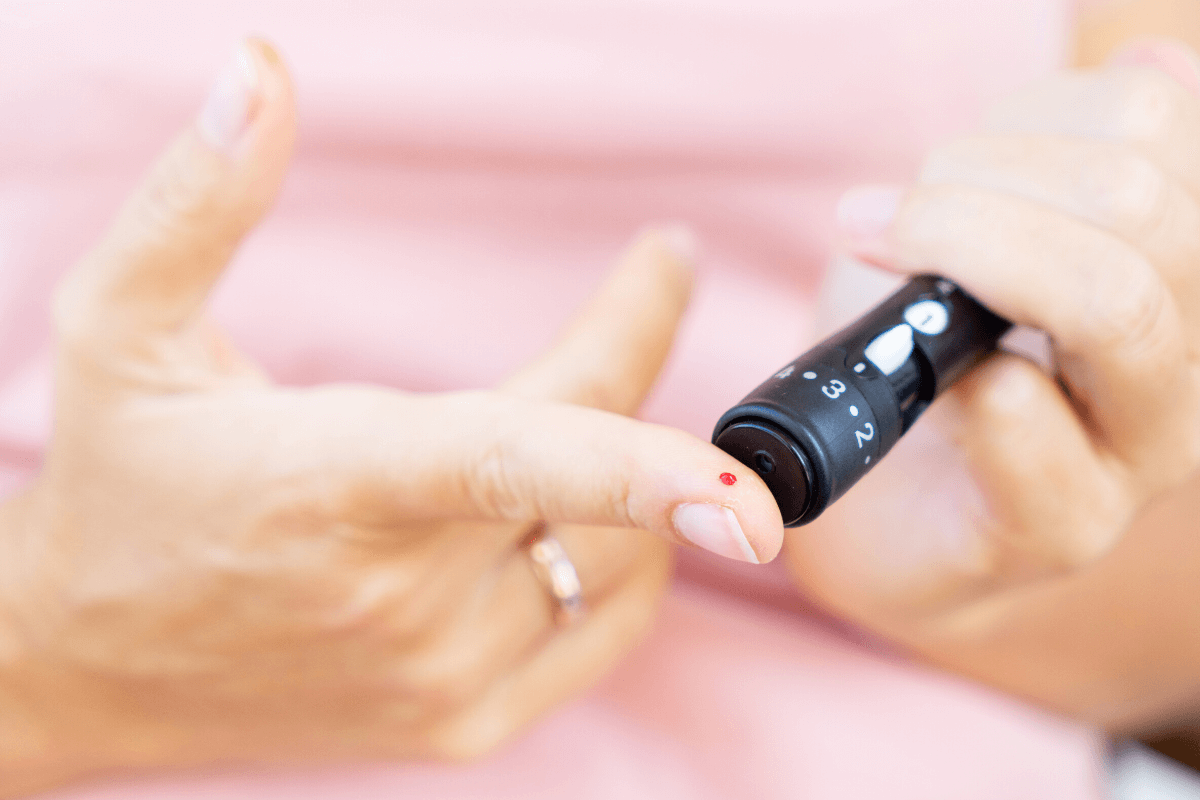
Checking Your Sugar
“Success is the sum of small efforts, repeated day in and day out.”
Why is it important to check my blood sugar?
Checking your blood sugar is very important for informing yourself and your doctor of the effects of your food, meds, and activities on your blood sugar. Regular blood sugar testing can also alert you when your blood sugars are dangerously high or low.
How often should I check my blood sugar?
Knowing your blood sugar results can inform you of what actions you and your doctor should take to help you reach your blood sugar targets. Your doctor may have different recommendations on how often to test your blood sugars depending on your medications and diabetes control.
Guidelines from ADA
The American Diabetes Association (ADA) recommends the most frequent checking of blood sugars in people who are on intensive (basal plus bolus) insulin regimens.
For people on basal plus bolus insulin, they should check…
- Prior to meals and snacks
- At bedtime
- Prior to exercise
- Occasional after-meal checks
- When patients suspect low blood sugars
- After treating low blood sugar until it returns to normal
- Prior to important tasks such as driving
For people on basal insulin, the ADA recommends testing fasting blood sugar to inform insulin dose changes.
For people on oral meds/pills, the ADA does not have a specific recommendation of how often to check. (Diabetes Care. January 2018 (Suppl.1): pp. 55-56).
Dr. B’s Perspective

“I tell my patients to check one more time than the number of insulin shots per day. This would include checking some blood sugars before or after meals in addition to bedtime every day. For my patients on basal insulin, I suggest checking at least twice a day, generally at breakfast and bedtime. For my patients on pills, I suggest checking once a day. Paired readings (for example, before and after a meal or before and after exercise) are very valuable to your doctor.”


When it comes to your blood sugar readings, you can transform your doctor visits by following three important tips:
- Provide 7 readings per day (before/after meals and at bedtime) for the three days prior to your doctor visit
- Check your blood sugar in the frequency your provider advised for the two weeks prior to your doctor visit
- Record all your sugar reading results and take this record to all office visits. Your Visit Optimizer from your Iowa Diabetes Portal includes all of your logged sugars from the past 14 days.
Summary
The number of times a day you should check your blood sugar widely varies from person to person. But anyone can use this blog post as a helpful guide alongside a doctor’s recommendations.
Disclaimer Statement: This is for educational purposes only and not intended as medical advice. For individual medical advice, contact your healthcare practitioner.





